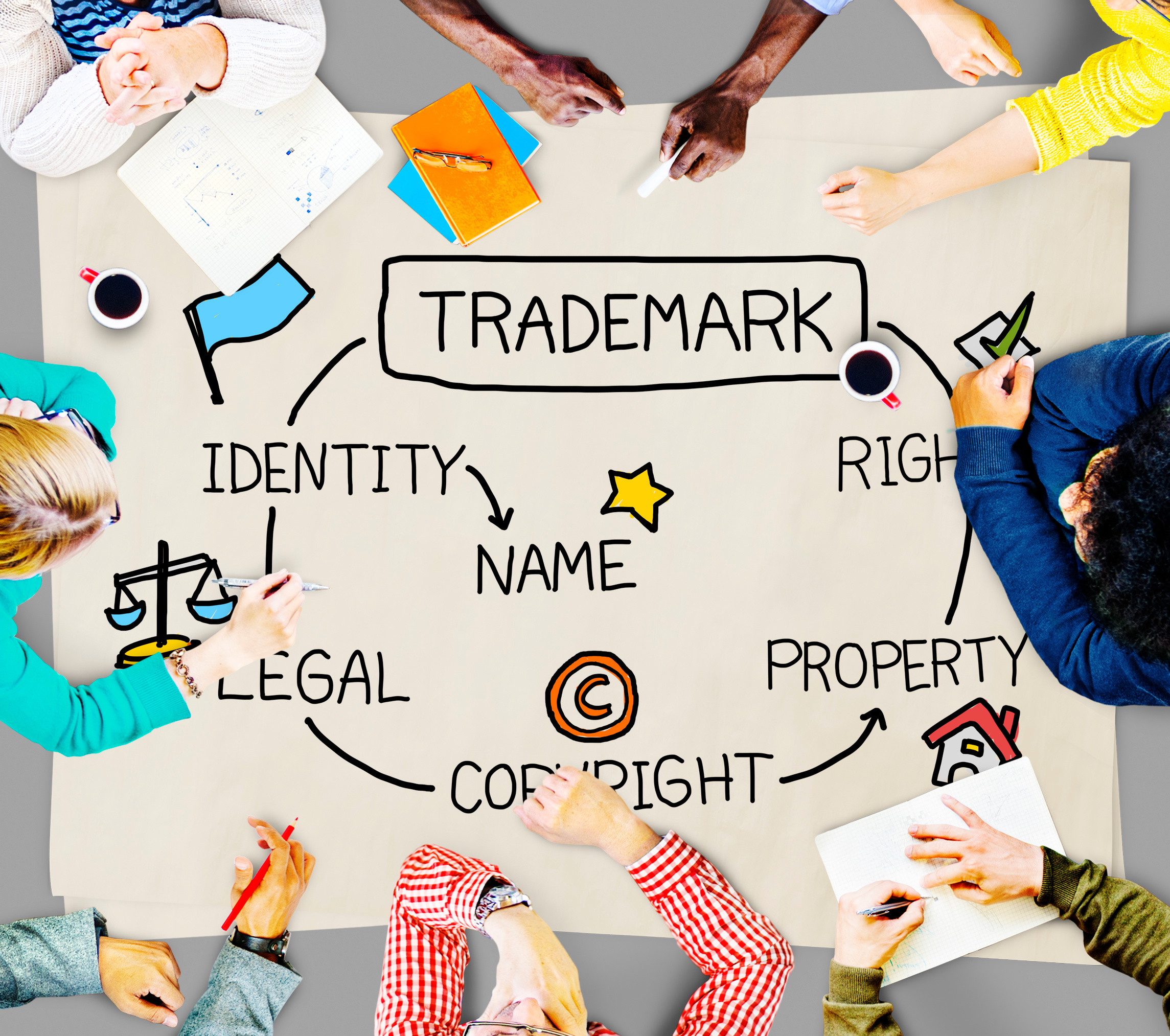Reasons for having an insurance policy.
Do you have life insurance? If not, have you considered purchasing some? Life insurance is one of the most important components of an estate plan. There are a number of reasons why you might consider incorporating life insurance into your estate plan:
- It provides death benefits to your beneficiaries.
- It affords funds to help pay debts and taxes.
- It offers your loved ones some financial stability.
- Provides asset protection.
It’s something to think about. Even a small policy can help defray any costs your estate might accrue.
Who Should Get Your Life Insurance Proceeds?
The first important question is whether to have life insurance. The next question is who is to receive the proceeds. This should be taken seriously.
Often people name, as their designated beneficiary, the person whom they want to benefit. That is a good idea—sometimes. For example, if your spouse needs ready cash to cover immediate expenses and debts. Or you might want to provide funds for your spouse’s retirement. But, depending upon your goals, needs, immediate circumstances, and who you want to protect, the better idea might be to make the trust the beneficiary. Otherwise, giving someone a large payout could create problems.
Below are some of the beneficiaries who could have problems if you left them a large sum of money outright:
Minor children
Leaving a minor child a large sum of money is a bad idea, especially for the child. Regardless of how mature they may think they are, a minor child is still a child. Liken that to a lottery winner. Statistics reveal that 70% of all lottery winners lose it all within 5-years. There are a number of reasons for that, but in most cases it’s because of their inability to manage money, especially when they’ve never had it.
Many states and life insurers have stepped in to protect children, even if the owner of the life insurance policy is not thinking wisely. Life insurance companies rarely pay death benefits to children under the age of majority. The age of majority is different in each state, so know the law in your state. If you name your minor child, as your designated beneficiary, and you die while they are still a minor, the court will appoint a guardian to manage the trust assets, This will occur through the probate process. if there is a trust in place. If no trust is in place, the appointed person will manage the assets in your estate.
Two problems with having a court nominate someone to handle your money and care for your kids:
- The person the court chooses might not be someone you would want to have access to your money,
- The proceeds might not benefit your child as you would want,
- The proceeds might be mismanaged.
Special Needs Recipients
While your intentions may be honorable, if you name someone who is receiving government benefits, of a needs-based nature, as your designated beneficiary, you will be doing them more harm than good. This could potentially cause them to lose their eligibility for those benefits. A special needs trust can be created and named as the primary beneficiary. The proceeds will then be managed in a way that doesn’t compromise their needs-based government benefits but will supplement them instead.
Spendthrift Beneficiaries
Finally, if your designated beneficiary has a problem with money, a problem with creditors, a divorce on the horizon, or a substance abuse problem, designating them as the primary beneficiary could be asking for trouble. If you make your trust the primary beneficiary and the individual the beneficiary of the trust, you can establish conditions for when and how the individual receives a payout.

Francine D. Ward
Attorney-At-Law, Author, Speaker
Follow Francine:
Don’t miss Francine’s Latest Blogs:
- Common Contract MistakeCommon Contract Mistake #1. Not Having Written Agreements with EVERYONE You Do Business With. Common contract mistake. Without question, the most common contract mistake is not having the terms of… Read more: Common Contract Mistake
- AI and PatentsAI and Patents. Understanding Patent Law in the Age of AI. Patents, along with Copyrights, Trademarks, Trade Secrets, and Rights of Publicity, are one of the five areas of practice… Read more: AI and Patents
- Effective Goal SettingSetting Goals. It’s that time of year, time to plan for effective goal setting. A time when some of us start thinking about goals for the upcoming year. If you… Read more: Effective Goal Setting
- Indemnify AI UseBeware of companies that say they will indemnify AI use, that they will pay ALL the legal costs incurred by customers using Generative AI services (like ChatGPT, CoPilot, or Bard).… Read more: Indemnify AI Use
- Trademark A NameHow to Trademark a Name A trademark can be a word, phrase, design, logo, color, sound, or a combination of those things that identifies the source of a product or… Read more: Trademark A Name












